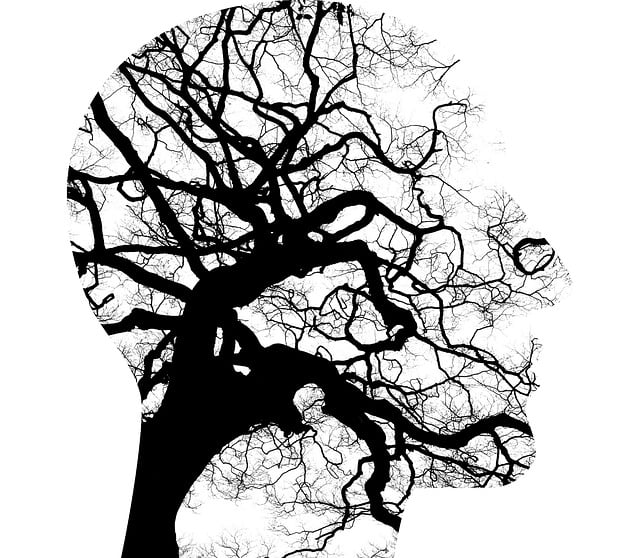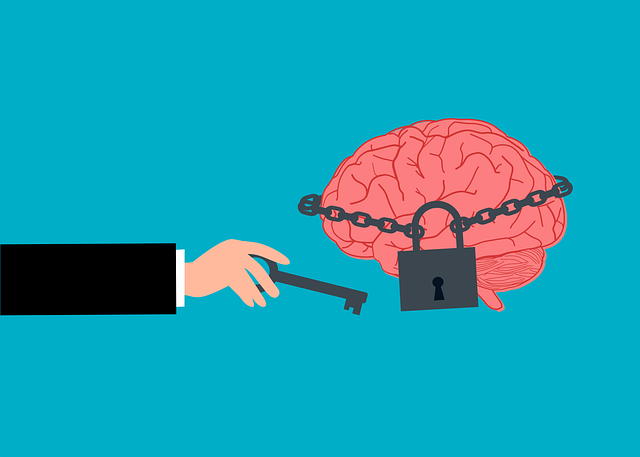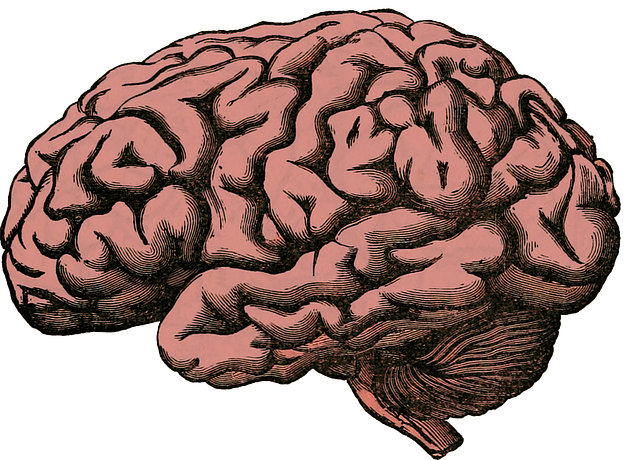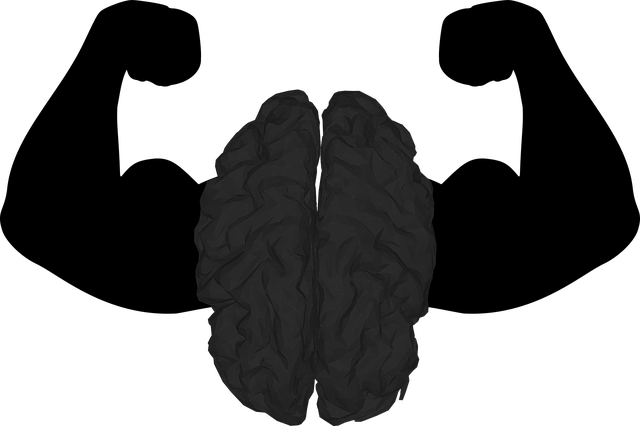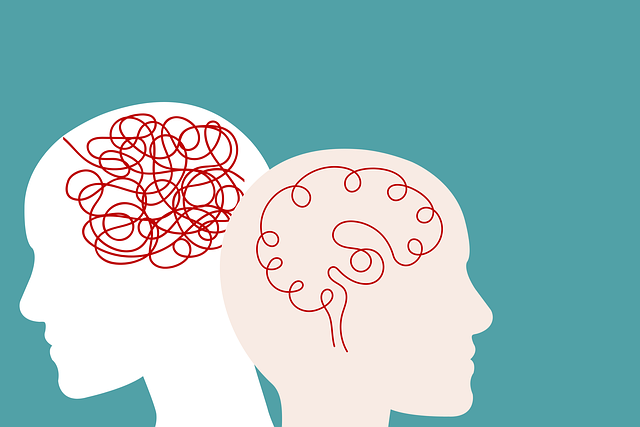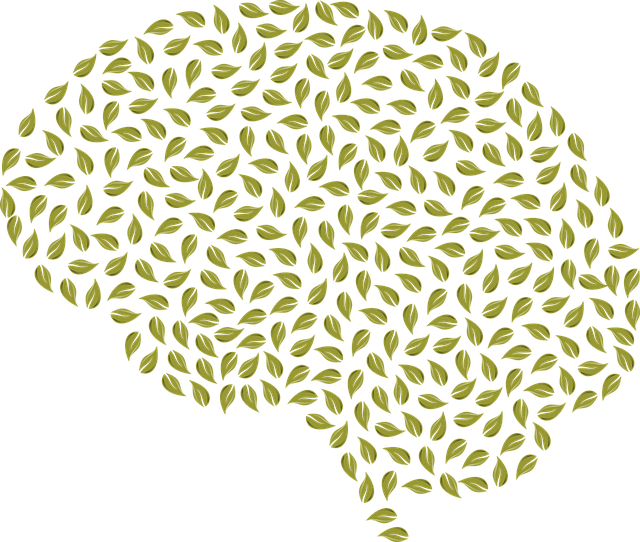Boulder Couples Counseling Therapy (BCCT) offers holistic mental wellness programs that go beyond traditional therapy. These programs focus on building resilience, enhancing coping skills, and fostering a thriving state to manage life's challenges. Evaluating BCCT involves a balanced mix of quantitative data (surveys, data analysis) and qualitative methods (interviews, case studies), ensuring tailored and effective mental health education. Key performance indicators (KPIs) like anxiety, depression, coping skills, client satisfaction, and retention rates are tracked to measure success. Continuous improvement is driven by feedback, community engagement, and emotional intelligence, making BCCT a recognized support system in Boulder.
Mental wellness programs, such as Boulder Couples Counseling Therapy, are essential components of holistic well-being. This article explores effective evaluation methods for these programs, highlighting the importance of measuring success through key metrics and indicators. We delve into continuous improvement strategies, focusing on feedback loops and adjustments, to ensure optimal outcomes. By understanding program purpose and employing robust evaluation techniques, we can enhance mental health support, as demonstrated by successful models like Boulder Couples Counseling Therapy.
- Understanding Mental Wellness Programs and Their Purpose
- Methods for Evaluating Program Effectiveness
- Key Metrics and Indicators of Success
- Continuous Improvement: Feedback Loops and Adjustments in Boulder Couples Counseling Therapy
Understanding Mental Wellness Programs and Their Purpose

Mental wellness programs are designed to support individuals and communities in achieving optimal emotional well-being. These initiatives go beyond traditional therapy models, encompassing a broad range of interventions aimed at fostering resilience, enhancing coping mechanisms, and promoting overall mental health. At their core, such programs recognize that mental wellness is not merely the absence of illness but a state of thriving, where individuals can navigate life’s challenges with balance and purpose.
In the context of Boulder Couples Counseling Therapy, for instance, these programs often include tailored emotional well-being promotion techniques, such as mindfulness training, stress management workshops, and empathy-building strategies. By equipping individuals with effective burnout prevention strategies, especially among healthcare providers who face high-stress environments, these initiatives seek to strengthen not just personal resilience but also the fabric of communities they serve.
Methods for Evaluating Program Effectiveness

When evaluating the effectiveness of mental wellness programs like Boulder Couples Counseling Therapy, a multifaceted approach is essential to measure their impact and identify areas for improvement. Quantitative methods include surveys and statistical analysis of data such as client demographics, treatment outcomes, and satisfaction levels. These provide hard numbers on program success but may overlook individual experiences.
Qualitative assessments, such as interviews, focus groups, and case studies, offer deeper insights into clients’ perceptions of the program’s benefits, challenges, and changes in their mental wellness journey. Integrating these methods, including examining the Mental Wellness Coaching Programs Development and evaluating the inclusion of Mindfulness Meditation, allows for a comprehensive understanding of program effectiveness tailored to participants’ unique needs and goals. This holistic approach ensures that Mental Health Education Programs Design are not only impactful but also continually improved.
Key Metrics and Indicators of Success

Evaluating a mental wellness program requires a comprehensive approach, focusing on key metrics to gauge its impact and success. At Boulder Couples Counseling Therapy, for instance, success is measured by improvements in client outcomes, such as reduced symptoms of anxiety and depression, enhanced coping mechanisms, and better relationships. These metrics are often quantified through standardized assessment tools and client feedback surveys. By tracking changes in these areas over time, the program can demonstrate its effectiveness and identify areas for improvement.
In addition to these direct measures, considering factors like client satisfaction, retention rates, and the overall reach of the program (e.g., number of participants) provides a broader perspective. For example, high client retention in Trauma Support Services indicates strong engagement and potential long-term benefits. Similarly, a well-produced Mental Wellness Podcast Series Production can expand access to mental health resources, indirectly contributing to improved mental wellness within the community. Ultimately, successful programs integrate these various indicators to create a holistic understanding of their impact on mental health and well-being.
Continuous Improvement: Feedback Loops and Adjustments in Boulder Couples Counseling Therapy

In the realm of Boulder Couples Counseling Therapy, continuous improvement is not just a goal but a fundamental practice. Feedback plays a pivotal role in this process, creating a dynamic and adaptive environment for couples seeking support. Therapists actively seek input from clients, using structured evaluations to gauge progress and identify areas needing attention. This iterative approach ensures that the therapy aligns with evolving needs, making it a powerful tool for managing stress and fostering healthy relationships.
Community outreach program implementation further enhances this cycle of improvement. By engaging with diverse communities, therapists gain insights into unique challenges faced by couples in Boulder. Incorporating emotional intelligence into these interactions allows for more nuanced understanding and tailored strategies. This holistic view not only improves individual therapy sessions but also contributes to the overall well-being of the community, making Boulder Couples Counseling Therapy a beacon of support and transformation.
Mental wellness programs, such as Boulder Couples Counseling Therapy, greatly benefit from systematic evaluation methods to ensure their effectiveness. By employing robust assessment techniques and tracking key metrics, programs can accurately measure success, identify areas for improvement, and adapt strategies accordingly. This continuous improvement approach is essential for optimizing outcomes and fostering a healthy environment, both in therapy settings and beyond.
